Each year the APS recognises members who have made an outstanding contribution to the APS and to the advancement of psychological knowledge or practice by electing them as Fellows of the Society. Eleven members were elected as Fellows in 2018.
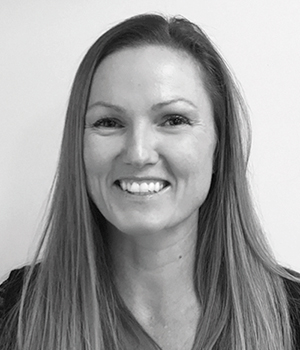 Gail Corrigan
Gail Corrigan
Gail has been an APS member since 2000 and enjoyed a career that has taken her from outback NSW to South-West Queensland via England and New Zealand. She has served on APS executive committees at Branch and State College levels, including as Chair of the Brisbane Area Branch and Chair of the Queensland section of the College of Forensic Psychologists. She has worked as a practitioner in the public and private sectors in management and advanced practitioner positions, and taught at a university level. Gail has a particular interest in forensic mental health and advocated to shape legislation. When the Queensland Mental Health Act 2000 was reviewed in 2015, she represented the APS at the parliamentary inquiry. Gail enjoys building connections across disciplines, which has seen her employ forensic and clinical knowledge to collaborate with software developers on an app for responding to older persons with cognitive impairment. Most recently, she volunteered her expertise to develop an evidence-based residential treatment program addressing PTSD in veteran and first-responder populations and their families. After 20 years, Gail continues to be curious about all things ‘psychology’, humbled by how little she knows, and grateful to the people who have supported her career.
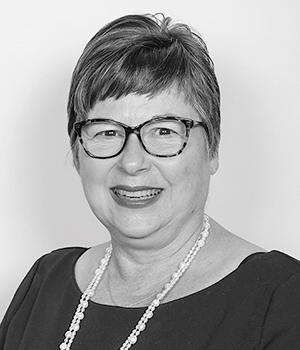 Associate Professor Dawn Darlaston-Jones
Associate Professor Dawn Darlaston-Jones
Dawn joined the APS in 2000 as a student member and 2002 as a full member. She has held committee roles in the College of Community Psychologists at state and national levels. Dawn has been involved in APS events and committee membership including as an invited member of the Inaugural APS Super Forum in 2016, as Chief Investigator on an Office for Learning and Teaching (OLT) funded research project in partnership with the APS Australian Indigenous Psychology Education Project (AIPEP) from 2013 to 2016, contributed to the 2016 APS Submission to the Northern Territory Royal Commission Detention of Youth, and in 2018 elected to the APS Advisory Board. Dawn’s practice focuses on enhancing the value of psychology in society particularly working with non-Indigenous allies to support the decolonisation agenda for Indigenous peoples. Drawing on her PhD as the initial impetus, her work focuses on the student experience and ways to strengthen the value and purpose of psychological literacy. This model of psychology education encourages students to apply psychological theory and evidence to the individual but also to the social structures and systems that influence and constrain human wellbeing, as well as the broader psycho-political discourses.
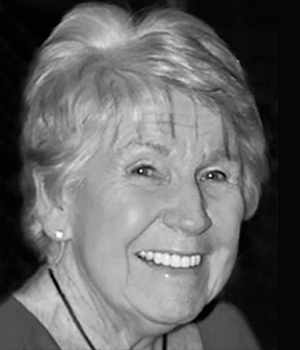 Dr Janis Fairbairn
Dr Janis Fairbairn
Janis undertook psychology training in Darwin having previously trained as a teacher with a major in psychology. Her teaching work presented opportunities to undertake both teaching and counselling and led to her providing services for people with alcohol and other drug problems, disability and with Indigenous communities. This led her to undertake formal qualifications in psychology and ultimately, to a life in the discipline and a psychological journey that has exposed her to a range of rewarding experiences. She currently works in private practice in Perth focusing on providing clinical and forensic services to adults, children and their families. Janis joined the APS in 1982 as a student member and became a full member in 1993. Thirty-six years later she is a Fellow of both the Clinical and Forensic Colleges, and has made contributions to the APS through a range of activities including as Treasurer and committee member of the APS Darwin Branch, Continuing and Professional Development (CPD) Coordinator of the APS National Clinical College, committee member of PDAG (Professional Development Advisory Group), committee member, Treasurer and CPD Coordinator of the APS Perth Branch, and as a member of the Division of Independently Practising Psychologists (DIPP).
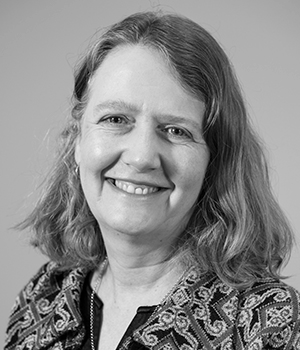 Ros Knight
Ros Knight
Ros has been a member of the APS for 26 years and is a member of the Clinical and Counselling Colleges, as well as the Division of Psychological Research, Education and Training (DPRET), and over time has been a member of various Interest Groups. She has contributed to many APS committees over the past 12 years including as Secretary for the NSW College of Counselling Psychologists, Treasurer and then Chair of the NSW section of the College of Clinical Psychologists, and member of the Professional Development Advisory Group (PDAG). In 2009 Ros joined the National College of Clinical Psychologists Committee as Membership Secretary, then served as Secretary and Deputy Chair before becoming Chair from 2014 to 2017. In 2007 she was APS Board President Elect and in 2018 became the APS President. Ros is currently the Clinic Director at Macquarie University’s Psychology Clinic, a training clinic for clinical, clinical neuropsychology and organisational provisional psychologists and coordinates a listserv of postgraduate placement coordinators from universities around Australia as well as running a private practice. Ros sits on many advisory groups within industry, has 19 years’ experience supervising psychologists in various areas of practice, has contributed to research on training, and developed management and teaching skills over time.
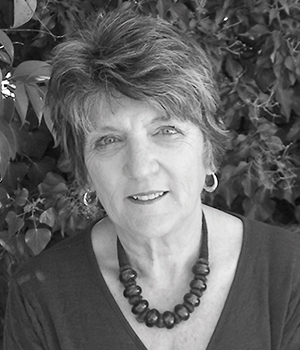 Dr Lynne Magor-Blatch
Dr Lynne Magor-Blatch
Lynne is the Executive Officer of the Australasian Therapeutic Communities Association (ATCA) and an Honorary Principal Fellow, School of Psychology University of Wollongong. She has more than 40 years’ experience within the alcohol and other drug field in both non-government and government sectors. Lynne has held positions of Associate Professor at the Universities of Canberra, Wollongong and the Australian National University and has extensive experience in program planning and development, particularly in diversion initiatives for offenders and in the establishment of therapeutic community programs for women and families. Lynne has authored a number of publications, training programs and treatment interventions and works as a clinical and forensic psychologist in private practice. She has been an APS member for over 20 years and served as the National Convener of the Australian Psychological Society’s Psychology and Substance Use Interest Group for a number of years. In 2008, Lynne received the ATCA Award for Significant Contribution to the Therapeutic Communities Movement and in 2010, was inducted into the National Drug and Alcohol Awards Honour Roll. In 2016, she was one of 11 people from across the world to represent Civil Society in New York at the United Nations General Assembly Special Sitting (UNGASS) on the world drug problem.
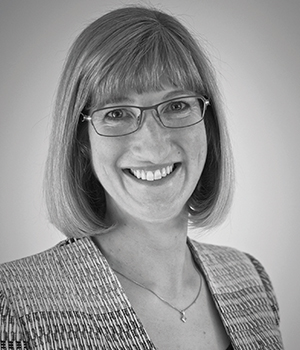 Gina McCredie
Gina McCredie
Gina is an experienced organisational psychologist and the founder and Principal Consultant at Impactful Work, a business consultancy that uses organisational psychology to maximise the effectiveness and impact of individuals, teams and organisations. Gina provides leadership coaching, team performance programs, as well as advice and support in reviewing and renewing people-related systems/processes at work. She has presented at numerous conferences, events and workshops on Leadership, Performance Management, Development, Organisational Change and Team Effectiveness. A longstanding member of the APS, and the College of Organisational Psychologists since 1996, Gina has held a number of key roles within the College including, as NSW College Chair, National Membership and Supervision Coordinator and the National Chair. Gina launched the National Regulatory Developments Working Party that monitored the regulatory landscape and guided the Colleges advocacy on critical issues relating to the impact of national regulation on members and the profession over six years. In 2009 Gina received the APS College Award of Distinction in recognition of her significant contribution to the field of organisational psychology in Australia. She was made an Honorary Fellow in the School of Psychology at Deakin University in 2011. Gina has also been a judge for the Workplace Excellence Awards in 2017 and 2018.
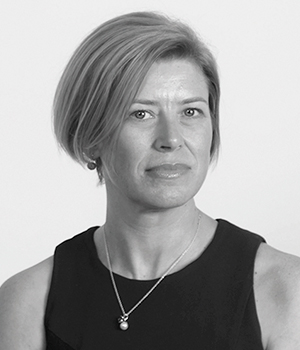 Professor Kathryn Nicholson Perry
Professor Kathryn Nicholson Perry
After completing her undergraduate studies at the University of Wales, College of Cardiff and clinical psychology training at the Institute of Psychiatry (University of London), Kathryn joined the Australian Psychological Society when she moved to Australia in 2001. Since that time she has been active in the Society and the College of Clinical Psychologists in a number of roles, including serving on various external bodies as the representative of the Society and acting as NSW Chair and National Deputy Chair of the Clinical College. Kathryn has worked with people with acute and chronic health problems, including pain and spinal cord injury, throughout her career and completed her PhD in this area at the University of Sydney in 2008. She subsequently has moved into academia, initially at the University of Western Sydney, where she contributed particularly to aspects of clinical psychology training, including currently as the National Education Liaison Officer for the College of Clinical Psychologists. She is currently Professor and Chair of Psychological Sciences at the Australian College of Applied Psychology where she is committed to leading innovative developments in psychology training in a specialist higher education provider.
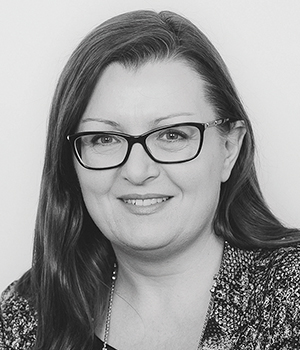 Jacinta Pollard
Jacinta Pollard
Jacinta completed her undergraduate degree at Monash University in 1991 and was in one of the early intakes of the Master of Forensic Psychology program at Monash. She graduated in 1995 and while finalising her Master’s thesis, was a volunteer probation officer, completed a psychology fellowship at Monash Medical Centre and delivered substance abuse treatment at the K Division Drug Treatment Unit at Pentridge Prison. Jacinta is a founding Director of Caraniche, a psychological consulting company that specialises in offender treatment program design and delivery, where she has worked as clinician, researcher, trainer and consultant. As Managing Director Jacinta leads a team of over 150 psychologists and clinicians and oversees the provision of psychological services to complex and marginalised clients with substance abuse, trauma and mental health issues across prisons, youth justice and in the community. Jacinta has been an APS member for 28 years and a member of the APS Ethical Guidelines Committee since 2012, having played a role in shaping the guidelines to reflect the range of ethical dilemmas encountered in contemporary psychological practice in institutional settings, mandated treatment environments, contracted services and multidisciplinary teams. Jacinta is also a member of a number of government and university clinical advisory committees.
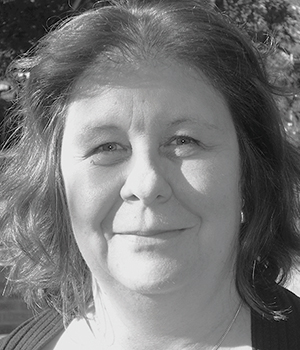 Julia Reynolds
Julia Reynolds
Julia has a passionate interest in mental health reform and innovations in psychology practice and research. An APS member since 1995, she has contributed to the Clinical College National Executive Committee (2011-2017); e-psychology Interest Group (2010-2016) and as Associate Editor for the Clinical Psychologist journal (2013-2018).
Julia has extensive clinical experience including in private practice and in public sector services in Australia and the United Kingdom. She currently maintains a small online private practice. Over the past decade Julia has supported the development, evaluation and management of online services at the Centre for Mental Health Research (CMHR) at the Australian National University. More recently Julia’s CMHR work has focused on the analysis of complex health systems and the impact of research on mental health policy and practice. She has also worked with ANU’s Research School of Psychology to develop a new Master of Professional Psychology program and in 2019, will develop an e-clinic to provide placement opportunities for postgraduate clinical psychology students.
She has extensive experience in training psychologists and other practitioners in the clinical use of e-mental health resources. Julia is currently completing her PhD at the Australian National University where she is researching the uptake of digital tools by mental health practitioners.
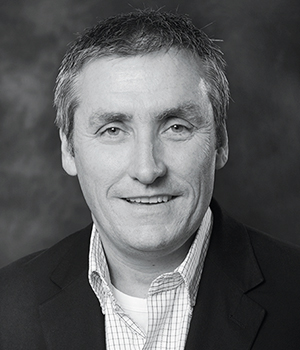 Dr Mark Wiggins
Dr Mark Wiggins
Mark is currently Professor of Organisational Psychology and Deputy Director of the Centre for Elite Performance, Expertise and Training at Macquarie University. He obtained his doctorate in psychology from the University of Otago in 2001 and has held positions at the University of Newcastle and Western Sydney University, where he was appointed Head of the School of Psychology (2006-2008). At Macquarie University, Mark held various positions, including Director of the Organisational Psychology Programs (2009-2014), and Associate Dean (Research) for the Faculty of Human Sciences (2011-2015). He is an active researcher and is the developer of the EXPERT Intensive Skills Evaluation software program (EXPERTise 2.0) in use across a range of industrial organisations. Mark has held ARC grant funding continuously since 2003 and published in excess of 150 scientific articles. He supervises Registrars and has contributed to the APS College of Organisational Psychologists, serving on the National Committee (2015-2017), prior to taking on the role of Chair of the 12th Industrial and Organisational Psychology Conference in 2017. He has been a College Program Assessor since 2012, and is an assessor for the Australian Psychology Accreditation Council (APAC). He is currently Associate Editor of the journal Australian Psychologist and is a Psychology Board-Approved Supervisor Trainer with the APS Institute.
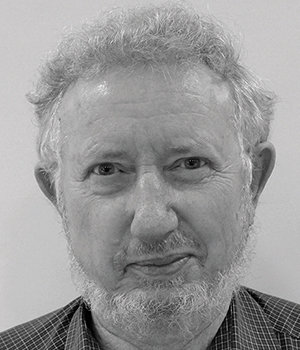 Hugh Woolford
Hugh Woolford
Hugh has been an APS member since 1988. He has been a member of many APS groups, including the Psychologists for Peace and the Psychology and Ageing Interest Groups, and is a current committee member of the EMDR Interest Group, working on a subcommittee encouraging the application of EMDR with Indigenous populations. He was a committee member of the College of Clinical Psychologists in 1999 and became Chair of the Queensland State Section in 2000 for two years. Hugh went on to become an APS Board Director (Director of Professional Practice) from 2002 to 2006. He has been involved in conference organising committees over the years, having convened the Clinical College’s satellite conferences in Adelaide and the Gold coast in 2001 and 2002 respectively, and in 2014 he was a member of the both the Scientific and Organising Committees of the APS Congress in Cairns. He has worked in both public and private sectors as a clinician, supervisor, mentor, supporter, organiser and disseminator of resources for professional colleagues. In his practice as a psychologist he has had an interest in the field of gerontology and has worked in dementia-specific counselling across Queensland and the Northern Territory, appointing, training and supervising psychologists and other health professionals.